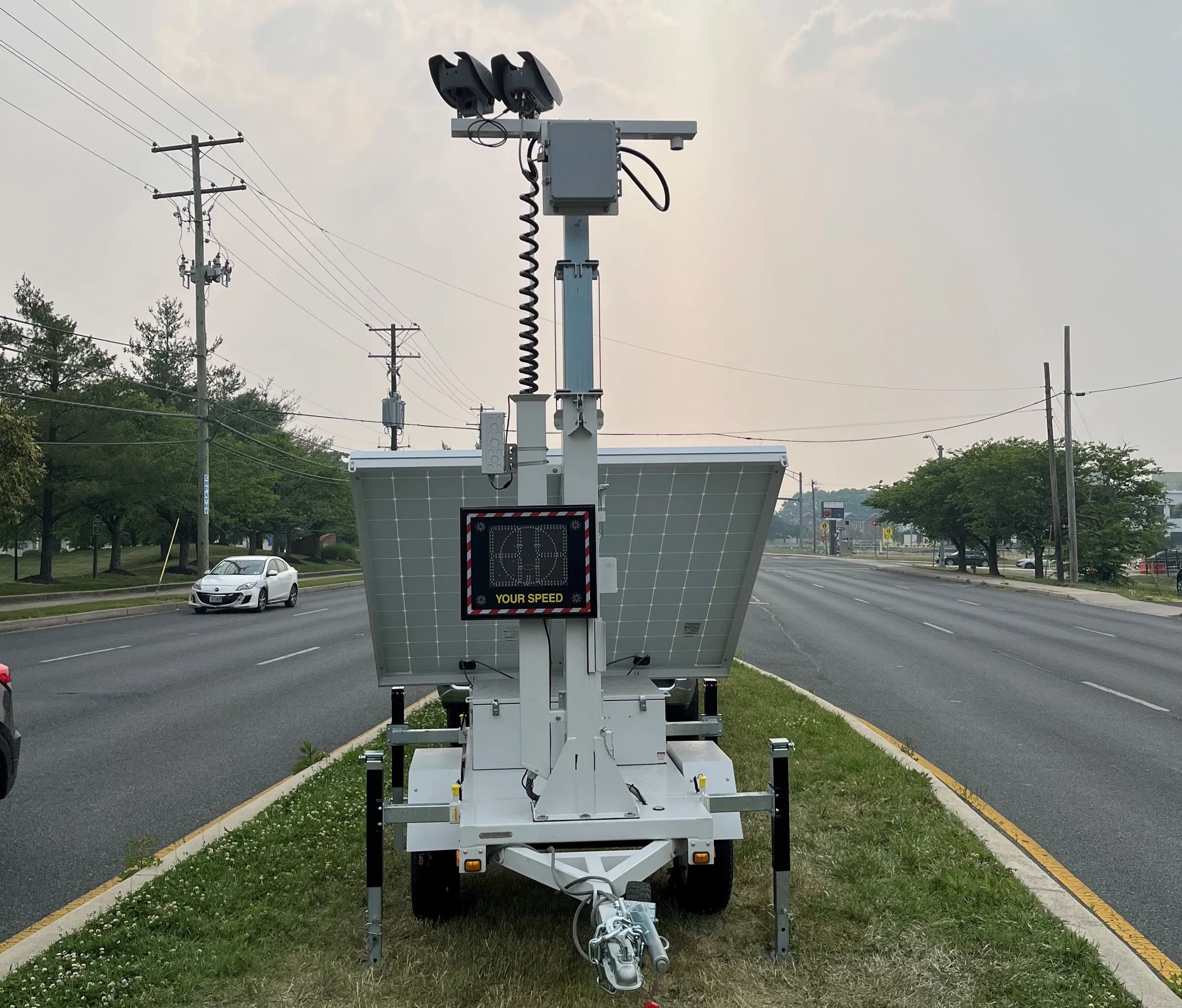Malaysia’s government is looking into taking over the operation and enforcement of the automated enforcement system (AES) from the concessionaires that were appointed to run it, following feedback from the steering committee of the Performance Management and Delivery Unit (Pemandu).
A steering committee involving Pemandu, the Road Transport Department (JPJ), Ministry of Finance (MoF), Economic Planning Unit, Attorney-General’s Chamber and the Public Works Department has been appointed to discuss the matt
August 21, 2013
Read time: 2 mins
Malaysia’s government is looking into taking over the operation and enforcement of the automated enforcement system (AES) from the concessionaires that were appointed to run it, following feedback from the steering committee of the Performance Management and Delivery Unit (Pemandu).
A steering committee involving Pemandu, the Road Transport Department (JPJ), Ministry of Finance (MoF), Economic Planning Unit, Attorney-General’s Chamber and the Public Works Department has been appointed to discuss the matter and other related issues.
According to acting transport minister Datuk Seri Hishammuddin Tun Hussein, the steering committee will determine the direction and expansion of the AES, including all the guidelines. Operations may be handed over to a government-owned company.
“The principle and purpose of the AES is to ensure road safety, but from the feedback we have received, the two main issues people are concerned about are the privatisation of the enforcement and private companies getting benefits from the fines,” he said.
He added that the government is looking at amending the revenue-shared module used presently to one that is more fair and transparent to all parties. “Issues that bog down the AES and affect certain parties will be addressed,” he stated.
The two contractors appointed to run the AES project are Beta Tegap, which will utilise equipment from Australian-based112 Redflex Traffic Systems and run AES for the southern region, and ATES, which will operate equipment from German company 79 Jenoptik 2185 Robot, and is responsible for the rest of the country, including Sabah and Sarawak.
The reports add that the fourteen AES cameras already in place from the pilot project will continue operations. Last month, a news report indicated that as many as 1,079 AES cameras have yet to be installed nationwide, with their locations to be determined by the Malaysian Institute of Road Safety and Research (MIROS).
A steering committee involving Pemandu, the Road Transport Department (JPJ), Ministry of Finance (MoF), Economic Planning Unit, Attorney-General’s Chamber and the Public Works Department has been appointed to discuss the matter and other related issues.
According to acting transport minister Datuk Seri Hishammuddin Tun Hussein, the steering committee will determine the direction and expansion of the AES, including all the guidelines. Operations may be handed over to a government-owned company.
“The principle and purpose of the AES is to ensure road safety, but from the feedback we have received, the two main issues people are concerned about are the privatisation of the enforcement and private companies getting benefits from the fines,” he said.
He added that the government is looking at amending the revenue-shared module used presently to one that is more fair and transparent to all parties. “Issues that bog down the AES and affect certain parties will be addressed,” he stated.
The two contractors appointed to run the AES project are Beta Tegap, which will utilise equipment from Australian-based
The reports add that the fourteen AES cameras already in place from the pilot project will continue operations. Last month, a news report indicated that as many as 1,079 AES cameras have yet to be installed nationwide, with their locations to be determined by the Malaysian Institute of Road Safety and Research (MIROS).








